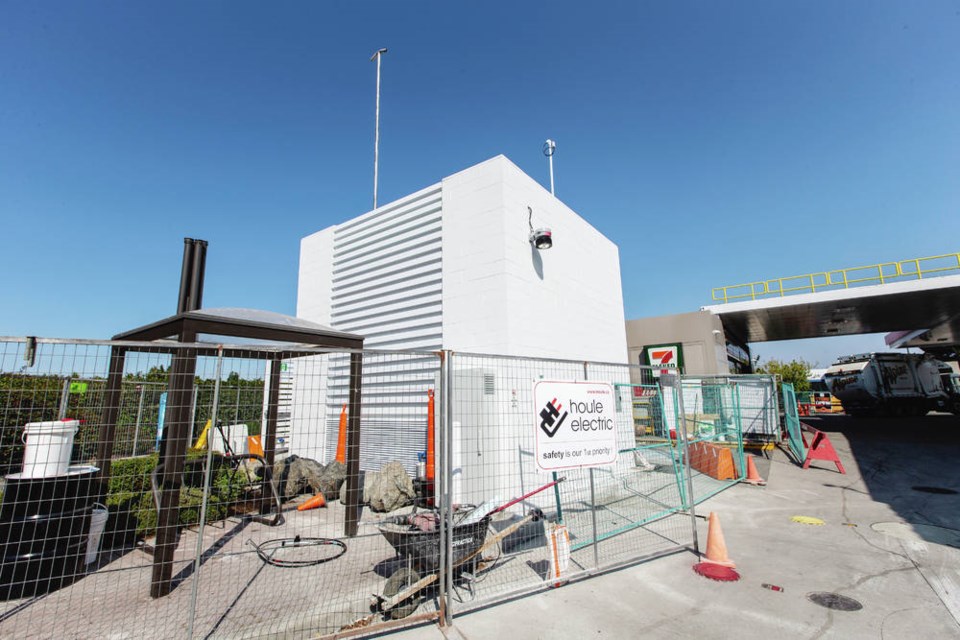In a bid to hit its Clean B.C. emissions targets, the province has announced a $10-million funding injection to establish 10 more hydrogen fueling stations around the province by the end of 2023.
Locations for the new stations have not yet been determined, but they will complement the three stations that are already in service on the Lower Mainland and the three under construction, including Victoria’s first station at 4100 Quadra St.
“For British Columbia to reach its Clean B.C. targets, we must shift how we produce and consume energy,” said Energy Minister Bruce Ralston. “Hydrogen will play a significant role in B.C.’s sustainable energy future, generating environmental and economic benefits across the province.”
Clean B.C.’s target is to reduce emissions by 80 per cent by 2050. It is believed hydrogen has the potential to reduce emissions by as much as 31 per cent of the total target.
The province also announced Thursday, it will provide three years of support for Hydrogen B.C., a division of the Canadian Hydrogen Fuel Cell Association. That organization intends to work with the private sector to build on the $10 million to establish more fueling stations around the province
The fueling stations appear to be an incentive for companies and individuals to adopt hydrogen fuel cell electric vehicles, as there seem to be limited demand at the moment.
Thirty-three fuel cell electric vehicles are currently on the road in the province and using the stations in Burnaby, North Vancouver and Vancouver.
The ministry is banking on the need increasing. It expects the number of such vehicles to increase significantly as automakers send more of them to B.C. as a result of the expanding refuelling network.
Current users of the fuelling stations tend to be car-share networks and companies with large fleets as well as some individual vehicle owners.
The first fueling station in Victoria is under construction at an Esso station at 4001 Quadra St. That station should be ready for use in November.
B.C. has the largest hydrogen fuelling network in Canada.
“We’re working with industry to support the transition to cleaner technologies like hydrogen to help meet our emissions reductions targets and support good jobs for people across the province,” said Environment Minister George Heyman. “Sustainably produced hydrogen holds enormous potential to change the way we fuel our vehicles and address the challenge of clean, low-emission heavy-duty truck transportation as we work together to build a cleaner, better B.C. following the impacts of COVID-19.”
The province is expected to release a hydrogen strategy this fall that is expected to lay out how B.C. can meet its clean energy goals by supporting the use of hydrogen to reduce pollution while providing new job opportunities.
aduffy@timescolonist.com



